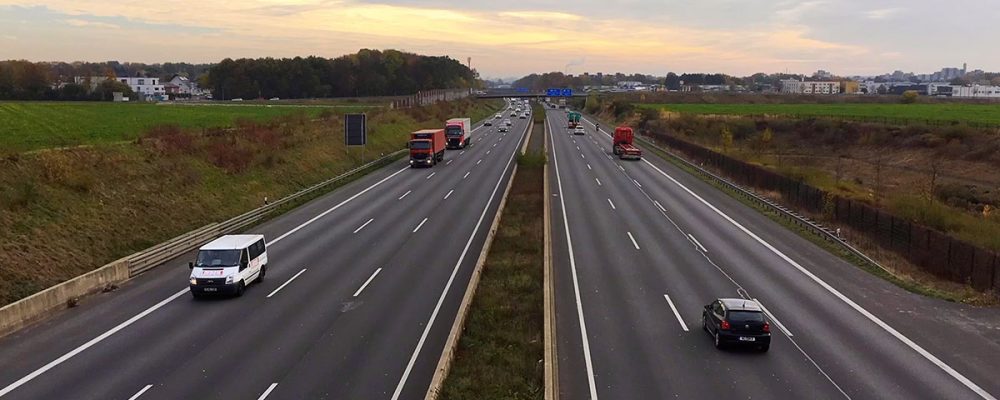For many HGV drivers, the prospect of Brexit is a worrying one. Practically all heavy goods vehicles jobs involve collecting imported containers from ports, like Felixstowe, and then distributing them around the country. Brexit, however, could put a spanner in the works.
Why Brexit Might Affect Driving Jobs
Currently, the UK gets imports 50 percent of its goods to the EU (and exports around the same). Until the UK officially leaves the European Union, it’s a member of the so-called “customs union” – a shared economic zone where countries can trade freely with one another. Whether it will remain a member, however, isn’t entirely clear.
The UK is currently negotiating with the EU on the terms of its withdrawal. In the ideal scenario, the trade border between the UK and the other member states will remain open, allowing goods to flow freely, just as they do now.
The EU, however, isn’t keen to dole out trade union membership without conditions. It wants concessions from the UK as a kind of payment in return for the benefits that being a part of the single market brings. Boris Johnson and his Brexit negotiators may decline the EU’s terms, implying that the UK would leave without a deal.
For HGV drivers, leaving without a deal could have serious ramifications. No-deal would mean that the UK would have to pay the same tariffs as the rest of the world when shipping goods to the EU. These new taxes will worsen the competitiveness of UK goods and increase their prices in European markets. This increase in price would then lead to a fall in demand, and a reduction in overall shipments, leading to a lower requirement for lorry drivers.
The Effect Of A No-Deal Brexit Might Be Temporary
The effects of a no-deal Brexit, however, might be temporary. The UK’s trading position could change rapidly. For instance, without EU rules, the UK could negotiate new trade deals with other countries keen on establishing free trade agreements. President Trump, for example, has publicly stated that he is very interested in thrashing out a free trade agreement with the UK if and when it leaves the EU.
Other countries, including Australia, Korea, and Japan, will also likely send trade envoys to the UK, looking for opportunities to improve trade relations. If this happens, then shipping volumes may bounce back and the UK may re-orientate its economy towards new markets.
A no-deal Brexit doesn’t necessarily mean an end to trade relations with the EU either. Britain and the European trading bloc will likely come to a compromise agreement, like the ones that Switzerland and Norway currently enjoy.
The future for driving jobs, therefore, depends on the demand for shipping and the overall state of the economy. In the long term, things look rosy, but if there’s a “no-deal” Brexit, there could be some turbulence along the way. The best outcome for drivers is for the UK to secure a deal with the EU that allows the goods to keep flowing. A&S Recruitment will help you in your job search throughout.





